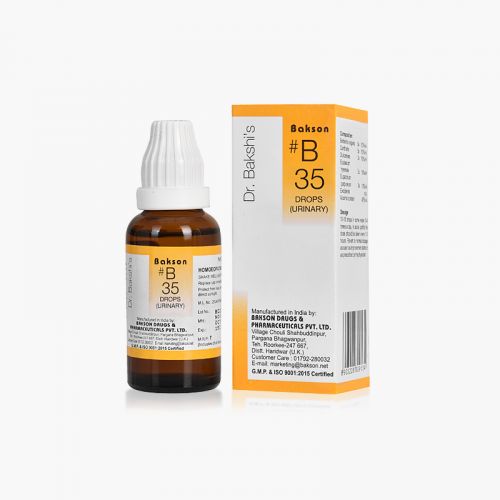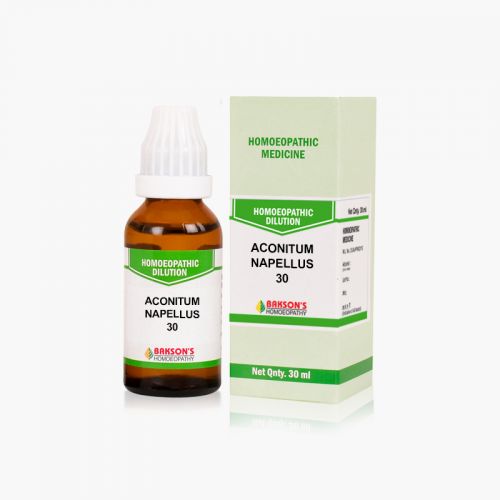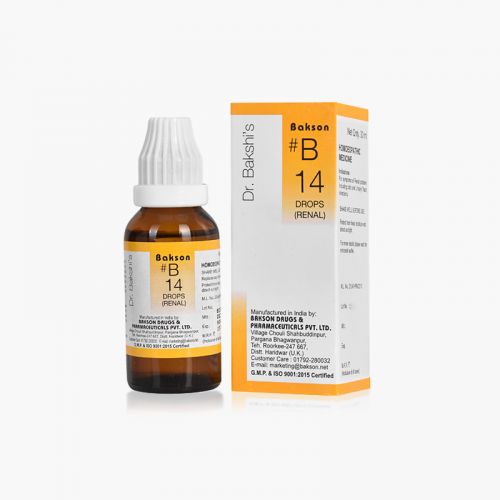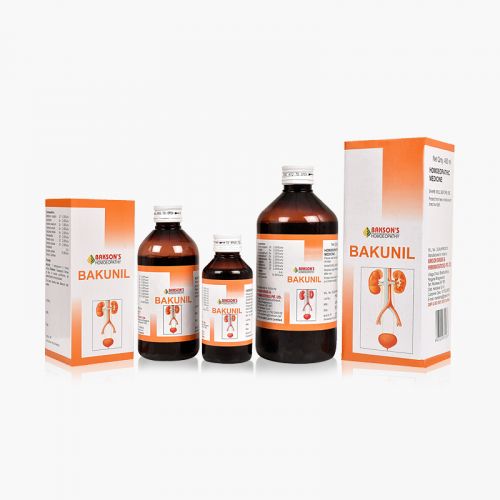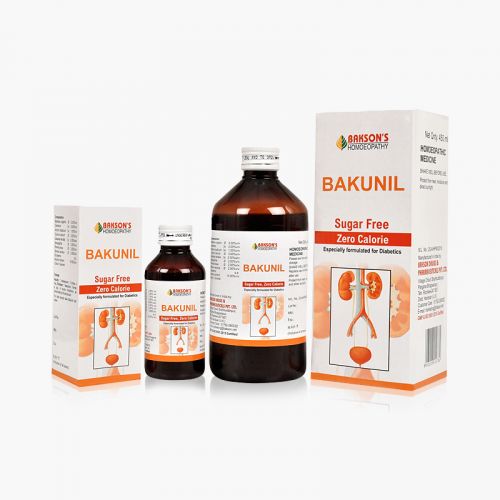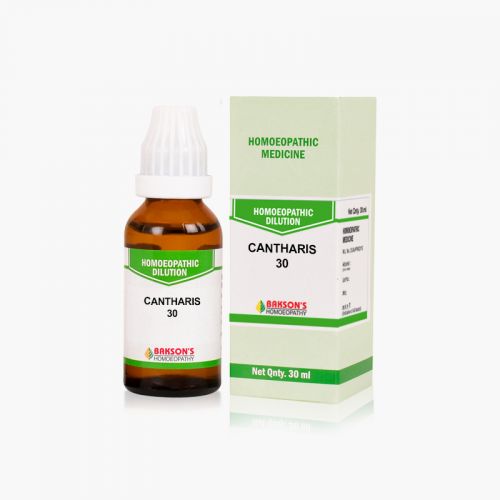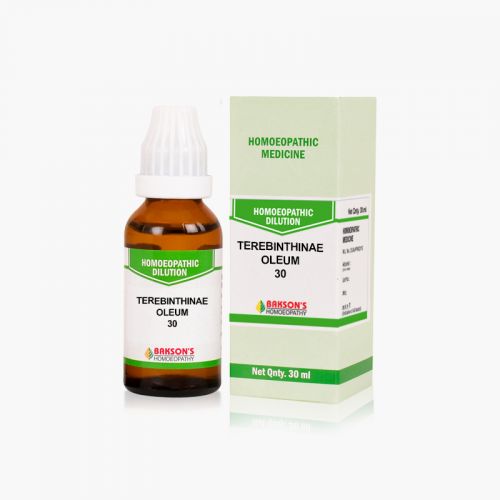We use cookies to make your experience better. To comply with the new e-Privacy directive, we need to ask for your consent to set the cookies. Learn more.
What is Urinary Tract Infection?
Urinary tract infection (UTI) is a bacterial infection of the bladder and associated structures. It is also called uncomplicated UTI or cystitis. UTI when seen in males is usually complicated.
Women have a shorter urethra than men and hence they are more prone to develop UTI. An uncomplicated UTI involves only the bladder. Cystitis is produced when the bacteria invade the bladder mucosal wall.
The infection occurs usually between the ages of 16 and 35 years, with 10% of women getting an infection yearly and more than 40% to 60% having an infection at least once in their lives. The recurrence of UTI is also very common.
Aetiology
Escherichia coli is the most common organism in uncomplicated UTI. Also, one of the major risk factors for UTI is the use of catheters. Sexual intercourse also predisposes the female to the infection. Due to the use of immunosuppressive drugs and vesicoureteral reflux, UTI is also common in patients with a history of kidney transplant.
Sign and symptoms
Symptoms of uncomplicated UTI are:
- Pain on urination (dysuria)
- Frequent urination (frequency)
- Inability to start the urine stream (hesitation)
- Sudden onset of the need to urinate (urgency)
- Blood in the urine (hematuria)
Patients with uncomplicated UTI do not present with fever, chills, nausea and back pain (found commonly in pyelonephritis). Patients with catheters will have diffuse symptoms and urine examination will reveal elevated WBC and fever.
Diagnosis
A good, clean, urinalysis (UA) specimen is vital for the diagnosis. A clean catch specimen in non-obese women is recommended. The presence of bacteria and/or white blood cells in the urine confirms the diagnosis. A urine pH of 8.5 or 9.0 is indicative of a urea-splitting organism, such as Proteus and Klebsiella; therefore, an asymptomatic patient with a high pH means UTI regardless of the other urine test results. Leukocyte esterase (LE) identifies the presence of WBCs in the urine.
General management
Appropriate medications will resolve the infection.
Warning: Above information provided is an overview of the disease, we strongly recommend a doctor's consultation to prevent further advancement of disease and/or development of complications.
Disclaimer: The information provided herein on request, is not to be taken as a replacement for medical advice or diagnosis or treatment of any medical condition. DO NOT SELF MEDICATE. PLEASE CONSULT YOUR PHYSICIAN FOR PROPER DIAGNOSIS AND PRESCRIPTION.
- #B 35 DROPSSpecial Price ₹ 160.00 Regular Price ₹ 200.00
- ACONITUM NAPELLUS 30₹ 100.00
- BAKSON #B 14 DROPSSpecial Price ₹ 160.00 Regular Price ₹ 200.00
-
-
- CANTHARIS 30₹ 100.00
- TEREBINTHINAE OLEUM 30₹ 100.00




